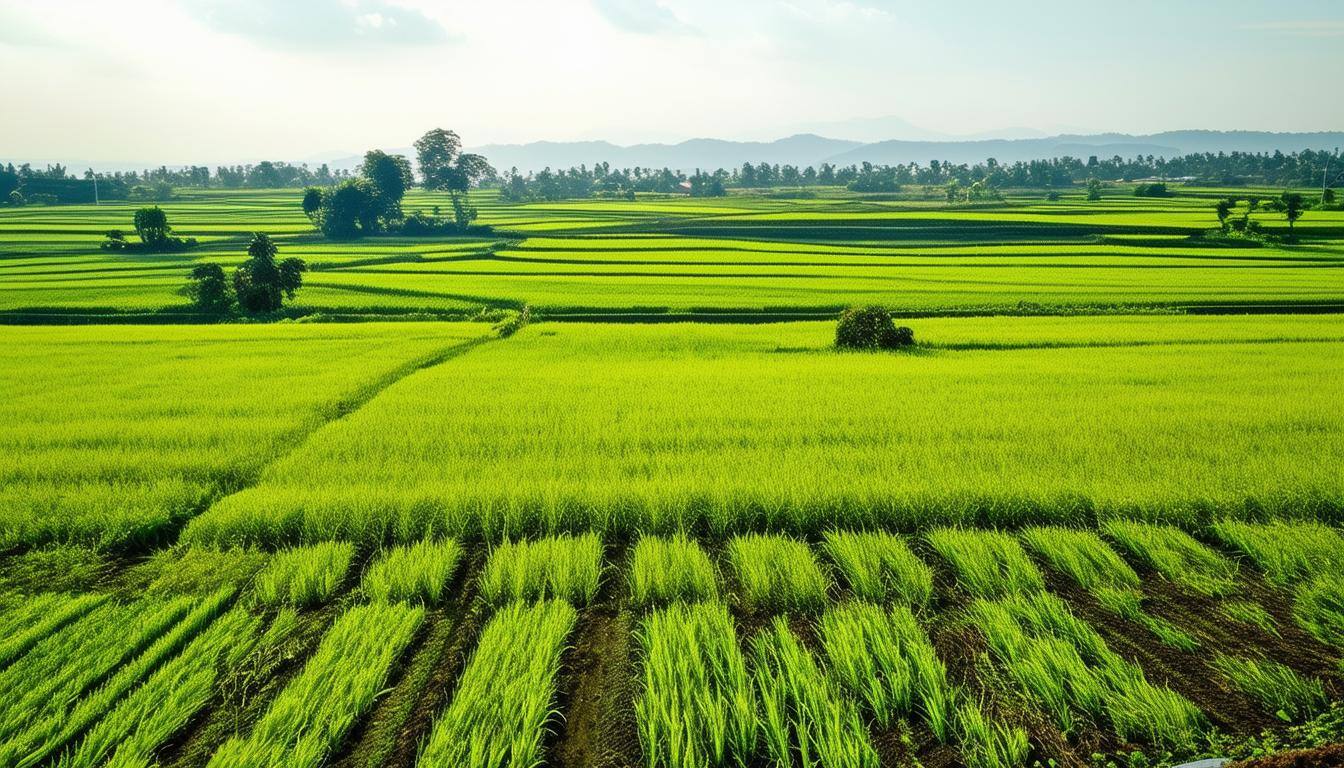SAI Global Certification is a prominent certification body known for providing comprehensive assessment and certification services across various industries. With a commitment to enhancing organizational performance and ensuring compliance with international standards, SAI Global plays a critical role in helping businesses achieve their quality and risk management goals.
The Importance of SAI Global Certification
SAI Global Certification is essential for organizations seeking to demonstrate their commitment to quality, safety, and operational excellence, particularly in the food industry. This certification provides businesses with a framework to improve processes, meet regulatory requirements, and build trust. Here’s why SAI Global Certification is crucial:
-
Enhance Credibility: Achieving SAI Global Certification signals to clients, consumers, and stakeholders that an organization meets rigorous safety and quality standards. This is particularly important for businesses looking to demonstrate their compliance with Food Safety Certification and international food safety standards.
-
Improve Operational Efficiency: The certification process often identifies areas for operational improvement, fostering a culture of continuous enhancement. In the context of Food Safety Certification, this means businesses can streamline their processes while maintaining or even improving safety protocols, leading to higher efficiency and product consistency.
-
Facilitate Market Access: Many markets require specific certifications as a prerequisite to doing business, especially in highly regulated industries like food production. With SAI Global Certification, businesses can expand their market reach and meet the demands of both domestic and international clients who prioritize certified food safety practices.
-
Comply with Regulations: Certain industries, such as food and agriculture, face strict regulatory requirements. SAI Global Certification, aligned with Food Safety Certification, helps organizations ensure they comply with national and international regulations, reducing the risk of legal challenges and fostering long-term compliance.
In summary, SAI Global Certification, combined with Food Safety Certification, is vital for building credibility, improving operational efficiency, expanding market access, and ensuring compliance with industry regulations, making it a powerful tool for businesses committed to excellence.
SAI Global's Certification Offerings
SAI Global provides a broad spectrum of certification services that encompass various management systems and industry-specific standards. The most prominent certifications include:
- ISO 9001: This standard focuses on quality management systems (QMS) and is designed to help organizations ensure they meet customer and other stakeholder needs while complying with regulatory requirements.
- ISO 14001: This certification pertains to environmental management systems, promoting sustainable practices and minimizing environmental impact.
- ISO 45001: This standard addresses occupational health and safety management systems, aiming to improve employee safety and reduce workplace risks.
- ISO/IEC 27001: This certification is essential for information security management systems, helping organizations protect their information assets.
- ISO 22000: This standard focuses on food safety management, ensuring that organizations in the food supply chain are compliant with essential safety regulations.
The Certification Process
The certification process with SAI Global typically follows a structured approach consisting of several key stages:
- Application: Organizations interested in certification must submit an application to SAI Global, detailing their management system and its scope.
- Document Review: SAI Global conducts an initial review of the organization's documentation to ensure it meets the relevant standards.
- Certification Audit: A thorough on-site audit is performed to assess the effectiveness of the management system and its adherence to the standards.
- Corrective Actions: If any non-conformities are identified during the audit, the organization must address these issues and provide evidence of corrective actions taken.
- Issuance of Certification: Upon successful completion of the audit and resolution of any non-conformities, SAI Global issues the certification.
- Surveillance Audits: To maintain certification, organizations are subject to periodic surveillance audits to ensure ongoing compliance.
Benefits of Choosing SAI Global
Opting for SAI Global Certification comes with numerous advantages:
- Global Recognition: SAI Global is recognized internationally, ensuring that certifications hold value across borders.
- Expert Assessors: Assessments are conducted by experienced professionals with thorough knowledge of industry standards and practices.
- Comprehensive Support: SAI Global offers a range of resources, including training and tools, to assist organizations in their certification journey.
- Tailored Solutions: The certification process can be customized to fit the specific needs and complexities of various organizations.
Industry-Specific Certifications
In addition to the general management system certifications, SAI Global provides specialized certifications tailored to specific industries. These include:
- Healthcare: Certifications aimed at ensuring compliance with healthcare regulations and improving patient safety.
- Construction: Standards focused on quality and safety in construction processes and management.
- Information Technology: Certifications that address the unique challenges of IT security and data management.
Conclusion
SAI Global Certification serves as a vital tool for organizations aiming to enhance their operational effectiveness, improve stakeholder trust, and comply with regulatory demands. By pursuing certification, businesses not only affirm their commitment to quality and excellence but also position themselves competitively in the marketplace.
In a rapidly evolving business landscape, aligning with a trusted certification body like SAI Global equips organizations with the standards and frameworks necessary to navigate challenges, seize opportunities, and drive sustainable growth.





.webp?width=1644&height=1254&name=Food%20Safety%20Dashboard%201%20(1).webp)
